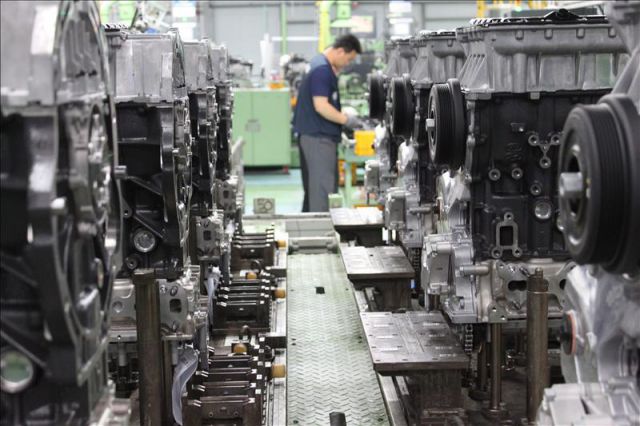One of the major challenges facing as an importer is finding a reputable supplier that sells exactly the quality you want for your customers.
To begin, it is important to know that the suppliers you always say "Do not worry, we'll do as you want". But you must know in advance that this phrase means that the order will be delayed by 35% of the times and that their products are defective or below the standard required by 25% of the times. Or even worse, the factory can subcontract another factory for the production without ever notifying you.

Given this starting point, what can we do to make our Chinese suppliers more trustworthy?
1.Manage customer's expectations in your country
By this we mean that you can offer the customer in your country an unbeatable price when shopping in China, but should also take into account and understand that this entails paying another "price": do not have total reliability for the product and the manufacturer. If the customer is not willing to lose reliability to a reasonable extent in order to reduce prices, to you, as an importer, it will be almost impossible to satisfy him/her. It is therefore important to manage unrealistic claims of our customers.
2. Choose good suppliers
The excellent providers can count on your fingers, like manufacturers capable of big disasters. Therefore, in most cases we have to deal with suppliers that are located between two extremes.
Select suppliers is not easy. This process of trial and error takes time. But, from experience, we believe that there is a premise itself that is fulfilled in most cases: the cheapest provider is not going to be the most reliable.
Ideally, be prepared to pay a little more and build long-term relationships with quality suppliers.
3.The last minute surprises are not surprising in this business
Once, I remember we were getting an order of aluminum chairs for a client and for a month we were maintaining contact with the factory asking them about the production status. After 20 days, all of a sudden, we were informed that they had not even started production because our customer made a simple comment, saying that the quality could be better. And all this having paid the deposit 30 days before!
To reduce the impact of these unfortunate surprises, it is best to take some precautions:
-Adds one or two weeks more to the programmed schedule, because it is likely to be delays.
-Make two quality inspections, one at the beginning of the production cycle and again before shipment.
-Keep Certain amount of stock on hand as a safety measure.
4.Watch close and try to control the supplier chain.
In the textile industry, which is one we know better, it easy to distinguish several types of buyers, since they have different attitudes concerning to the level of involvement and control of the production chain:
One of them are the wholesale importers, which are located in the import destination' s country and carry inventory. He is looking for finished products with FOB terms, and do not control the production, but this is not a big problem. For them it is tolerable to accept certain proportion of delayed or canceled shipment,as they have stock available.
The second one is the importer trader, which do not carry inventory and each shipment usually sold to a specific customer, which make all the process more risky in case of not controlling it closely.
Finally, producers traders control more the supplier's chain. In this case, if a factory does not perform as expected, they tend to switch production to other more reliable immediately.